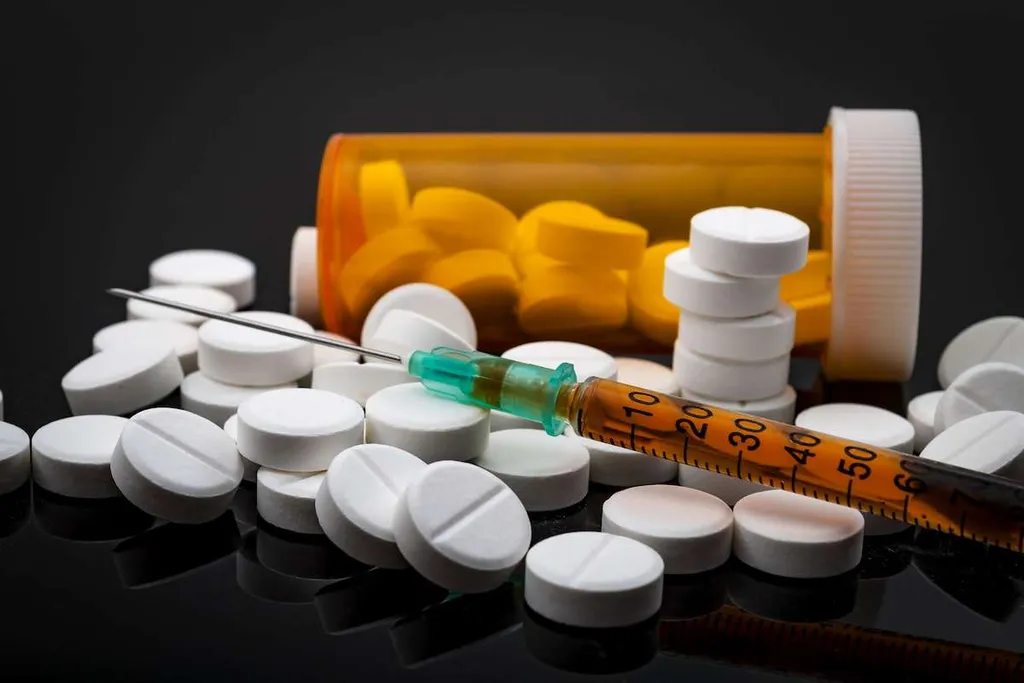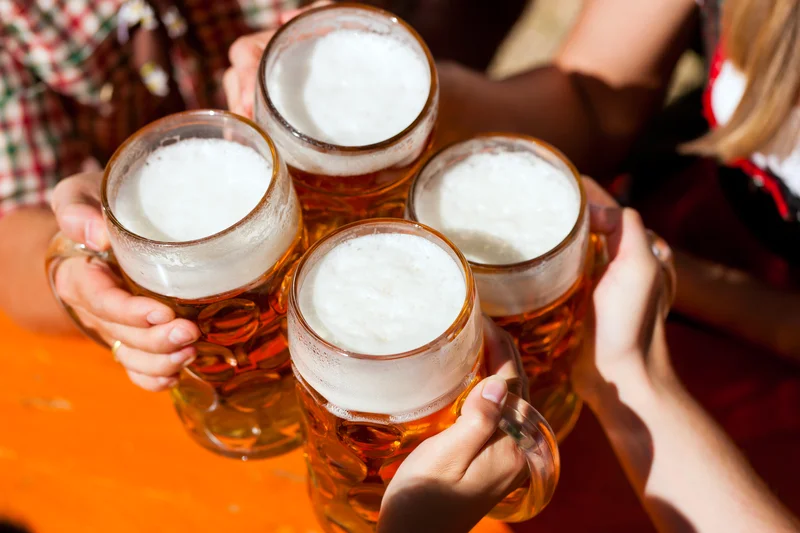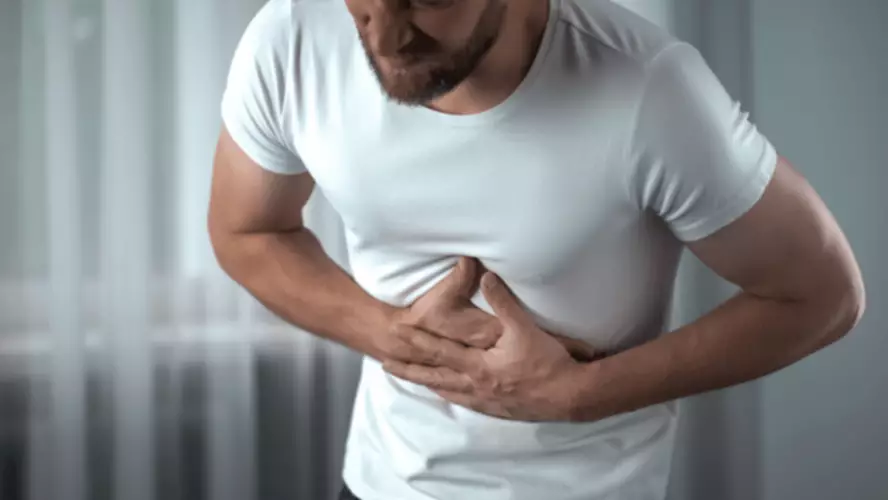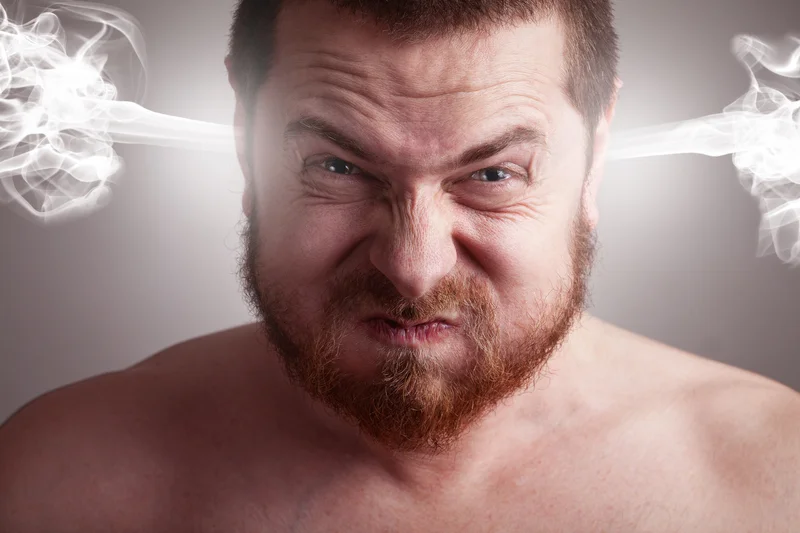
To combat the effects of alcohol on kidney function, it’s important to stay hydrated by drinking plenty of water. Additionally, it’s wise to limit alcohol consumption and be mindful of its impact on the body. By taking care of our kidneys, we can ensure that they continue to perform their vital role in maintaining our fluid balance and overall health. It reduces water reabsorption in the kidneys, increases fluid excretion, and impairs the kidneys’ ability to concentrate urine.
Monitor alcohol intake:
- This can lead to impaired judgment and increased risk-taking behavior, such as driving while under the influence.
- One glass of liquor drunk slowly over the course of an evening will be less dehydrating than having several beers or glasses of wine during the same time frame.
- One large study found excessive alcohol consumption is linked to accelerated facial aging.
- This can contribute to dehydration, as the body loses more water than it should.
- When these hormonal pathways are disrupted, our bodies struggle to maintain the right balance of water and electrolytes, leading to dehydration.
Our bodies have a sophisticated system for regulating water levels, ensuring that we maintain proper hydration. However, alcohol can disrupt this system by interfering with the release of hormones involved in water regulation, such as ADH and aldosterone. When these hormonal pathways are disrupted, our bodies struggle to maintain the right balance of water and electrolytes, leading to dehydration. Learn why alcohol dehydrates your body by affecting hydration levels, fluid balance, kidney function, hormonal regulation, and the gastrointestinal system. Drinking water before, during, and after alcohol consumption can help prevent dehydration. Water can help replace lost fluids, maintain electrolyte balance, and aid kidney function.
Health Library

Alcohol affects the release and function of various hormones and enzymes involved in fluid regulation. Alcohol’s impact on body water content can have various consequences on our overall Twelve-step program health and well-being. It is essential to understand these effects to ensure we take appropriate measures to maintain proper hydration levels. Additionally, alcohol can disrupt the body’s normal fluid distribution. Our body relies on a delicate balance of fluids to function optimally.
Can You Get a UTI From Not Drinking Enough Water?

If you or someone else is experiencing these symptoms, seek immediate medical attention. Intravenous (IV) fluids may be required to stabilize you if you’re experiencing severe dehydration. When drinking alcohol, especially in hot weather, avoiding dehydration is critical. You’re likely to urinate 100 mL more for every standard drink you consume (10 mL of alcohol). If you binge drink, you’ll likely lose 500 to 1,000 mL of fluids, causing dehydration. Alcohol can cause dehydration, disrupt sleep, interfere with energy production, and alter the body’s acid-base balance, all of which impact overall health and well-being.

Drink Water Before Drinking Alcohol
- Dehydration occurs when the body does not have sufficient amounts of fluid to function effectively.
- Anxiety occurs in addition to the typical health risks, which range from risky behaviors to weight gain, liver damage, and other physical effects.
- The best way to quickly rehydrate is to regain the minerals flushed out due to excessive urination.
- Unlike water and electrolytes, these essential ingredients are not always readily available for consumption during a night out.
Craft beers can be particularly misleading because while they have an ABV closer to that of wine, they’re generally served in much larger portions. Maintaining proper fluid balance helps eliminate waste, protect body tissues, and keep energy levels up, according to Mayo Clinic. And while it may sound easy, a lot of people struggle with chugging enough H20 in a day to keep their bodies functioning optimally. The overwhelming amount of research on alcohol consumption shows that the harms can outweigh any benefits. Alcohol consumption has been linked to increased risk of chronic diseases such as cancer and heart disease. When a hangover is present, the body is technically going through an early stage of withdrawal.
- Drinking on an empty stomach can cause other long-term damage, particularly to the liver.
- As you drink alcohol, it accumulates in your body—especially if you drink large amounts at a fast pace.
- Drinking after a nutrient-dense meal of healthy carbohydrates, protein, fiber, and fats provides more of a “slow release” effect.
- The word ‘moderate’ is commonly played out when it comes to alcohol consumption, including packaging and advertising.
Does Alcohol Dehydrate You? Here’s What You Need to Know

For those partaking in binge drinking, the likelihood of life-threatening dehydration increases. Alcohol poisoning is when the body becomes overwhelmed by the amount of alcohol within the system. While many does alcohol dehydrate you know the signs of alcohol poisoning – such as vomiting and passing out – the cause behind it is actually the result of severe dehydration.
